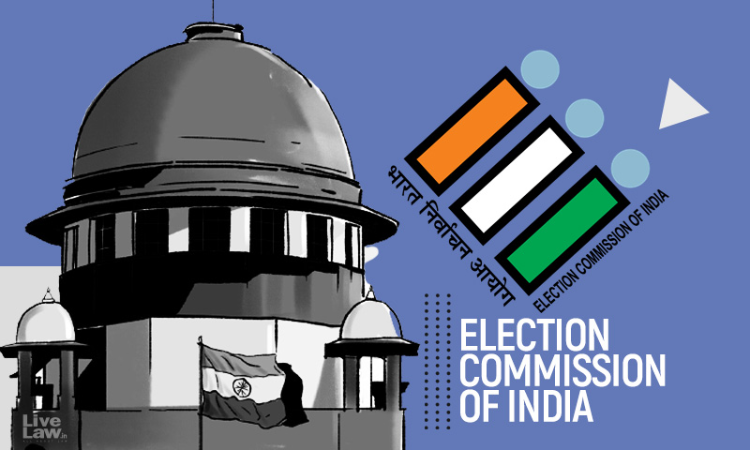Can't De-Register Political Parties For Offering Freebies : Election Commission Tells Supreme Court
Shruti Kakkar
10 April 2022 8:09 AM IST

Next Story
10 April 2022 8:09 AM IST
Election Commission of India has told the Supreme Court that offering any freebies either before or after the election is a policy decision of the party and that the Commission cannot regulate state policies and decisions which may be taken by the winning party when they form the government. "That offering/distribution of any freebies either before or after the election is...
